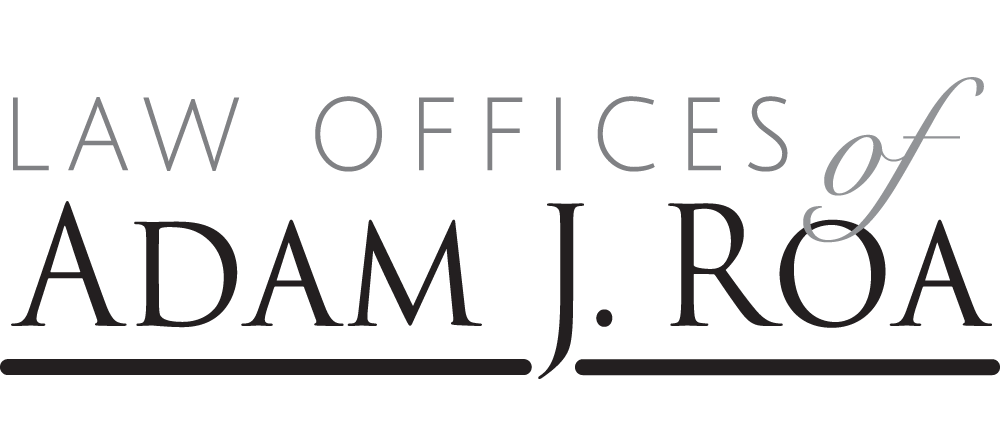Looking for IRA Assets
The issue of whether or not an IRA asset is a countable asset is an interesting issue from a Maryland Medical Assistance perspective. For individuals and their spouses, when an ill spouse goes into a nursing home and reviews the issue of applying for Medical Assistance for the ill spouse, the issue that routinely comes…
